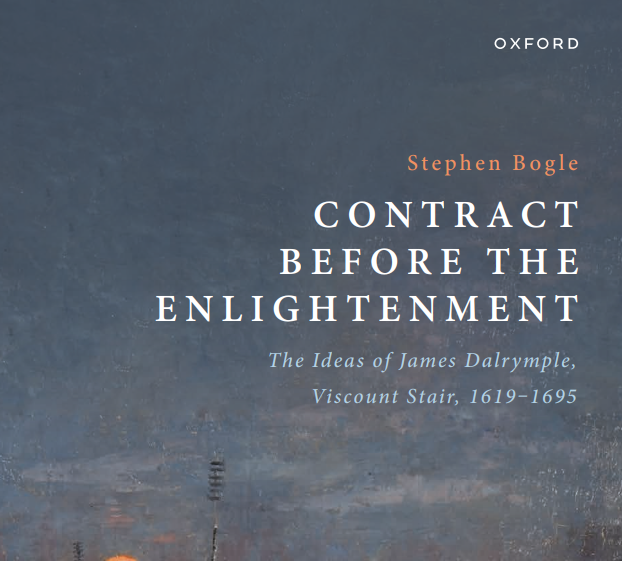by Katy Macfarlane, Senior Lecturer in Child and Family Law, University of Edinburgh.
The minimum age at which a person can marry in Scotland is 16. This is set out in section 1 of the Marriage (Scotland) Act 1977. The consent of a parent is not required.[1] Is a change to the minimum age in the pipeline? There is growing support in Scotland to increase the minimum age for marriage and civil partnership to age 18. This would bring Scots law in line with the law in England and Wales where the Marriage and Civil Partnership (Minimum Age) Act 2022 came into force in February 2023.[2] It would also comply with the repeated recommendations by the United Nations Committee on the Rights of the Child to increase to the minimum age for marriage to age 18.[3]
Why should the Scottish Government take seriously the increasing calls to set a minimum age of 18 for marriage and civil partnership? To address this question, Part 1 of this blog will look beyond Scotland and the UK and take note of the global trends and future prospects for child marriage.
Leave a Comment



